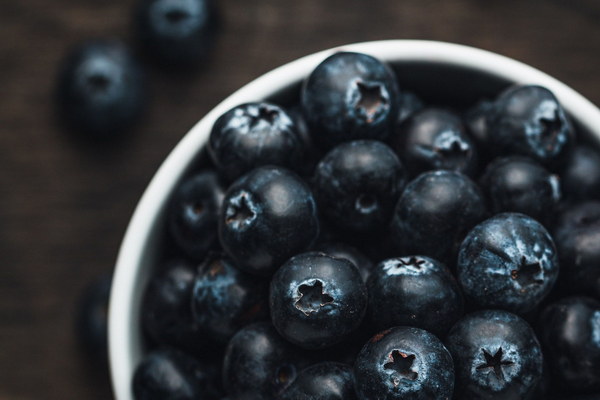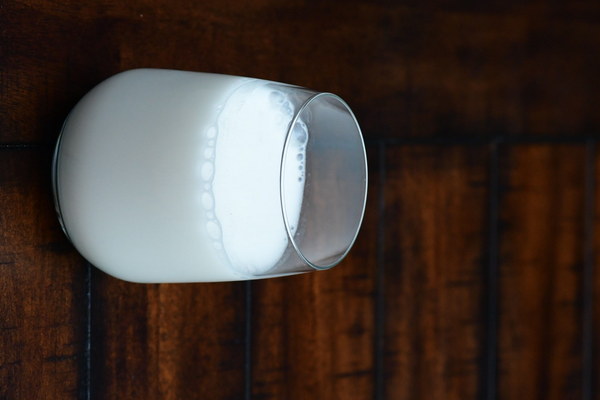Nourishing the Body A Guide to Traditional Chinese Food Remedies for the Snowy Season
As the world transforms into a winter wonderland, the Chinese lunar calendar marks the beginning of the Snowy Season, known as Xiao Xue in Chinese. This time of year signifies the transition from the coldest days of winter to the gradual increase in daylight. It is a period when the body needs extra care and nourishment to combat the harsh cold weather and maintain balance. In this article, we will explore traditional Chinese food remedies to help you stay warm, healthy, and balanced during the Snowy Season.
1. Adapting Your Diet
The Chinese philosophy of yin and yang dictates that during the Snowy Season, the body should consume more yin foods to counterbalance the excess yang energy of the cold weather. Yin foods are generally cooling, moistening, and nourishing, while yang foods are warming and invigorating. Here is a list of recommended foods to incorporate into your diet:
- Yin Foods: Vegetables like lotus root, winter melon, and taro; fruits like pear, fig, and hawthorn; grains like black sesame seeds and lotus seeds.
- Yang Foods: Meat like chicken, rabbit, and pork; seafood like fish, shrimp, and scallops; and nuts and seeds like walnuts and almonds.
2. Herbs and Spices
Traditional Chinese medicine (TCM) emphasizes the use of herbs and spices to enhance the body's health and vitality. Here are some popular TCM ingredients to consider:
- Goji Berries: Known for their immune-boosting properties, goji berries are perfect for adding to teas, smoothies, or desserts.
- Ganoderma Lucidum: Also known as reishi mushrooms, this herb has been used in TCM for centuries to improve overall health and longevity.
- Cinnamon: A warming spice that can help regulate blood sugar levels and improve circulation.
- Star Anise: This spice has anti-inflammatory properties and is often used in soups and stews to promote digestion.
3. Soups and Stews
In the Snowy Season, soups and stews are a perfect way to nourish your body and stay warm. Here are a few traditional Chinese soup recipes to try:

- Vegetable and Tofu Soup: A simple and nourishing soup made with various vegetables and firm tofu, seasoned with goji berries and ginger.
- Chicken and Astragalus Soup: A warming soup that uses the immune-boosting properties of astragalus, a common TCM herb, combined with chicken for added protein and flavor.
- Rabbit and Ginseng Soup: A luxurious and healthful soup that uses ginseng to enhance energy levels and vitality.
4. Teas and Beverages
Teas are another excellent way to stay warm and healthy during the Snowy Season. Here are a few traditional Chinese teas to consider:
- Ginseng Tea: A powerful and invigorating tea that boosts energy and improves overall health.
- Chrysanthemum Tea: A cooling tea that helps alleviate eye strain and promote relaxation.
- Jasmine Tea: A fragrant and aromatic tea that is both calming and uplifting.
5. Seasonal Fruits and Vegetables
To ensure your body receives the necessary nutrients during the Snowy Season, make sure to include a variety of seasonal fruits and vegetables in your diet. Here are some recommended choices:
- Apples: A nutritious and versatile fruit that can be enjoyed fresh, cooked, or made into a delicious sauce.
- Carrots: A rich source of beta-carotene, which helps maintain healthy vision and skin.
- Pumpkin: A warming and nourishing vegetable that can be used in soups, stews, and desserts.
By following these traditional Chinese food remedies, you can help your body stay warm, healthy, and balanced during the Snowy Season. Remember to adapt your diet based on your personal needs and preferences, and enjoy the abundance of seasonal produce and ingredients available.









